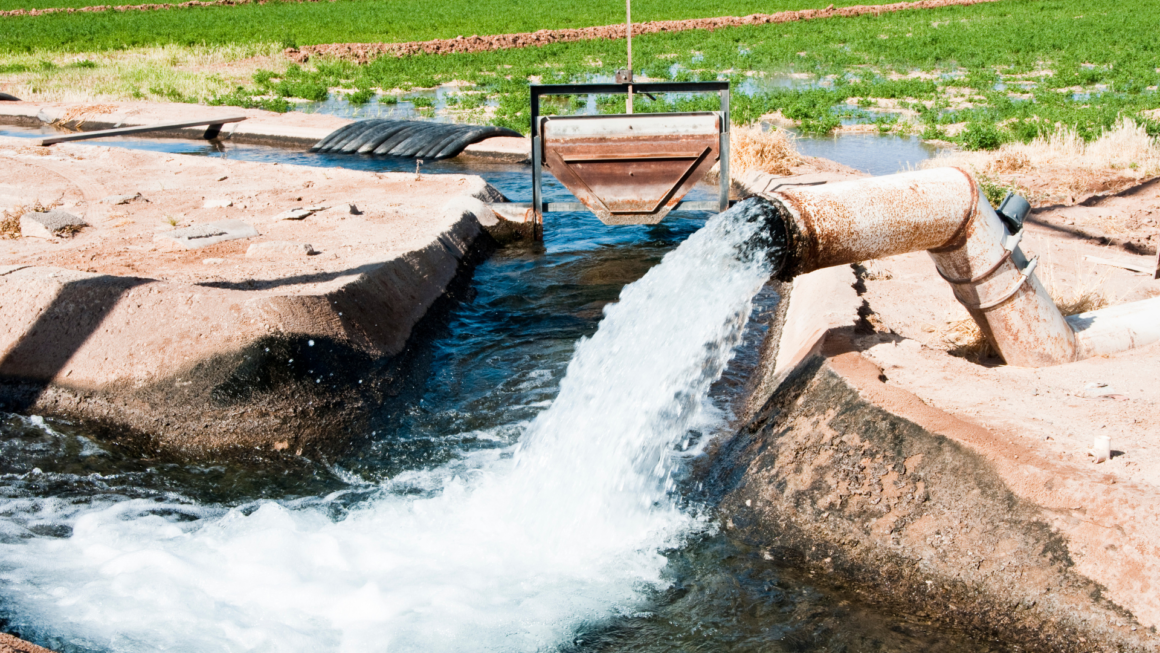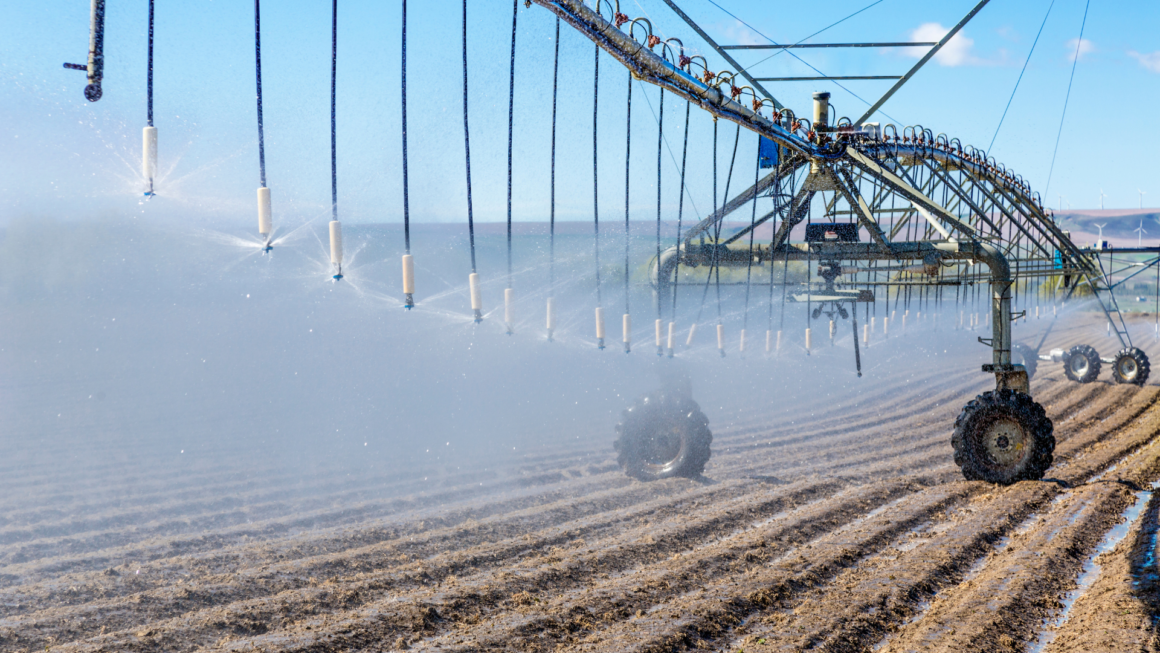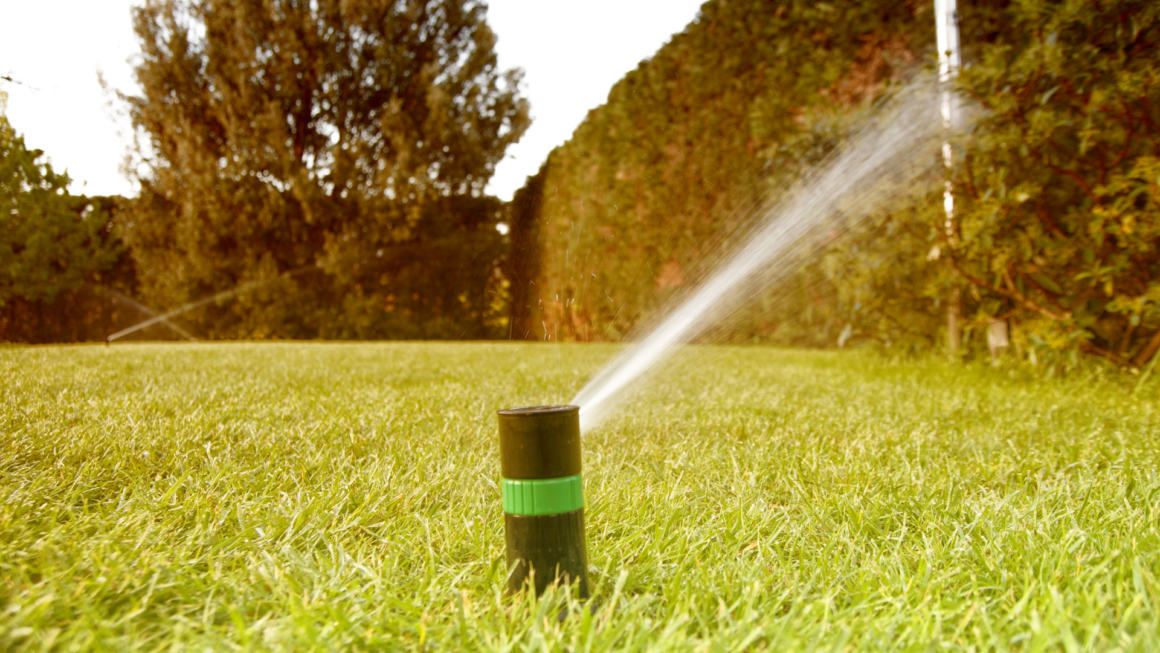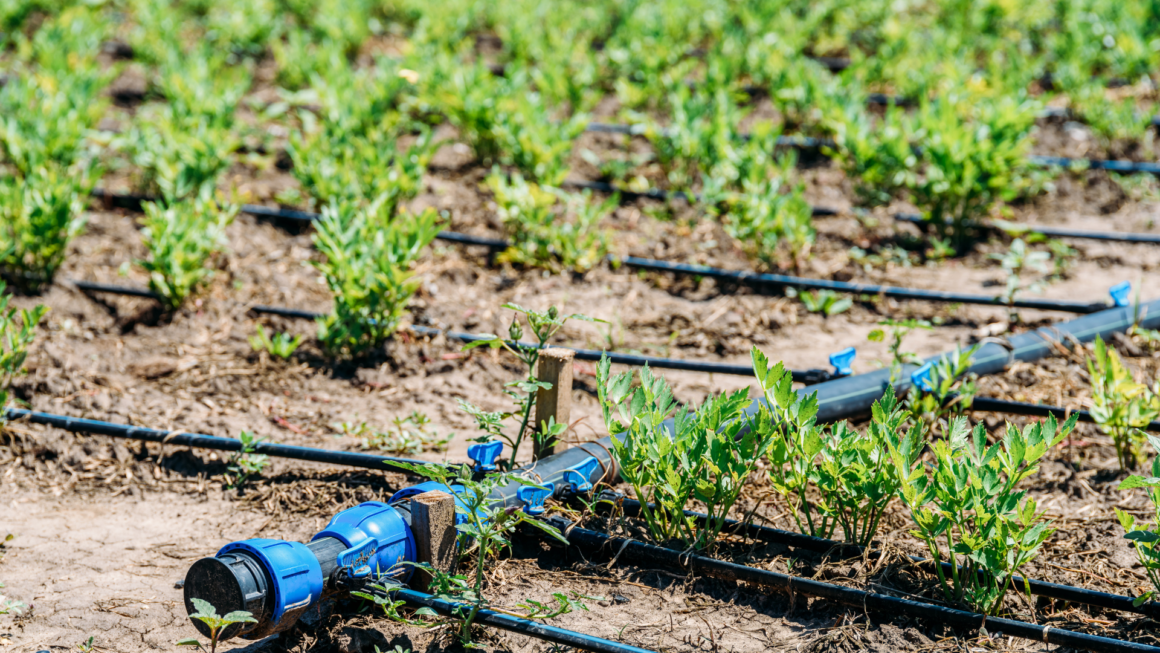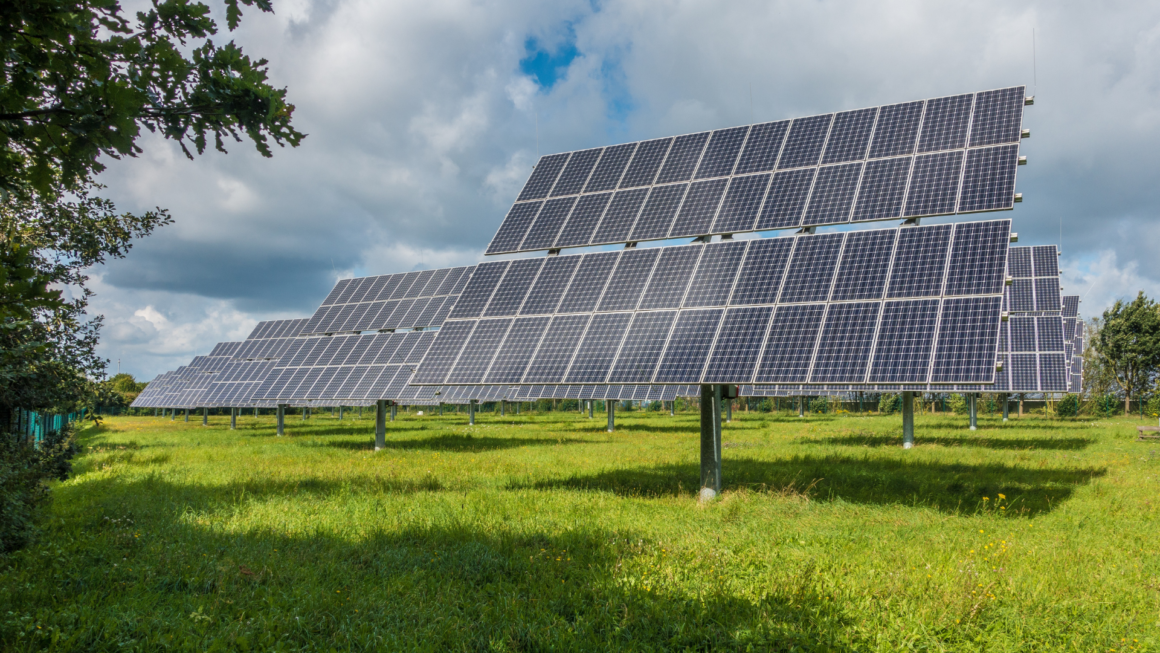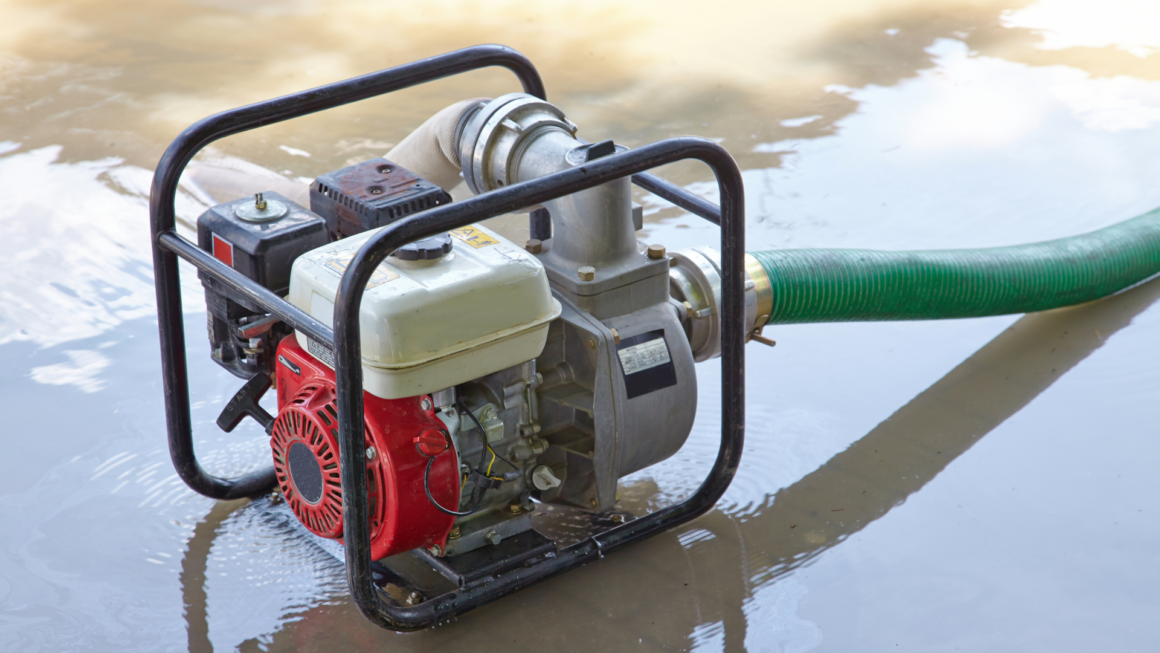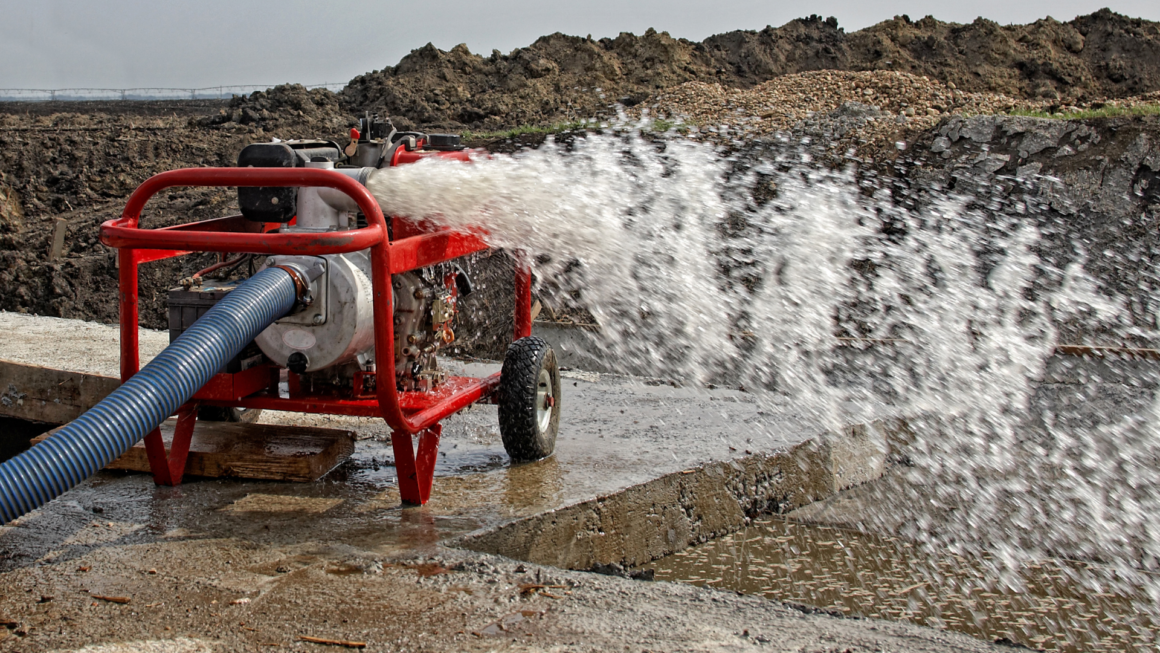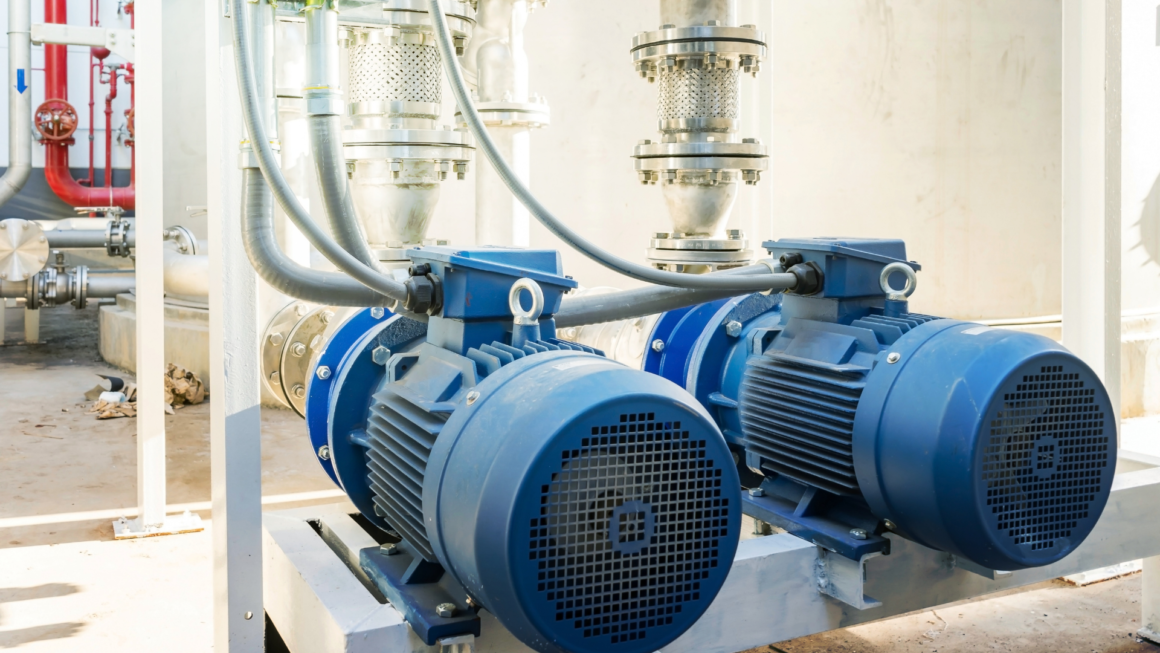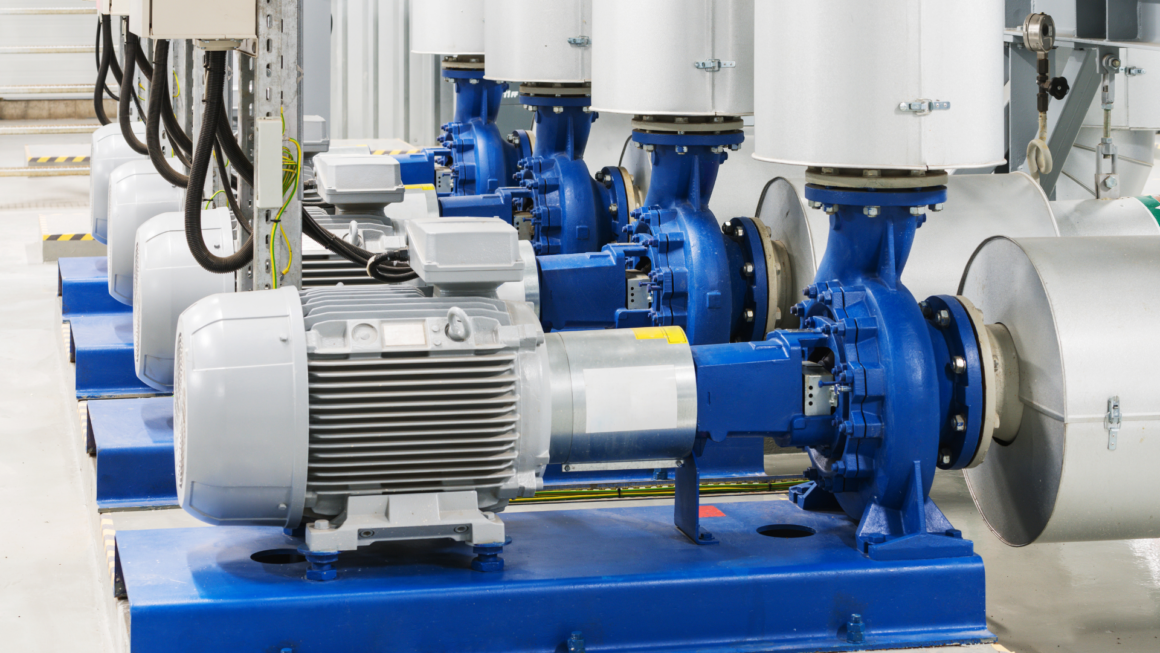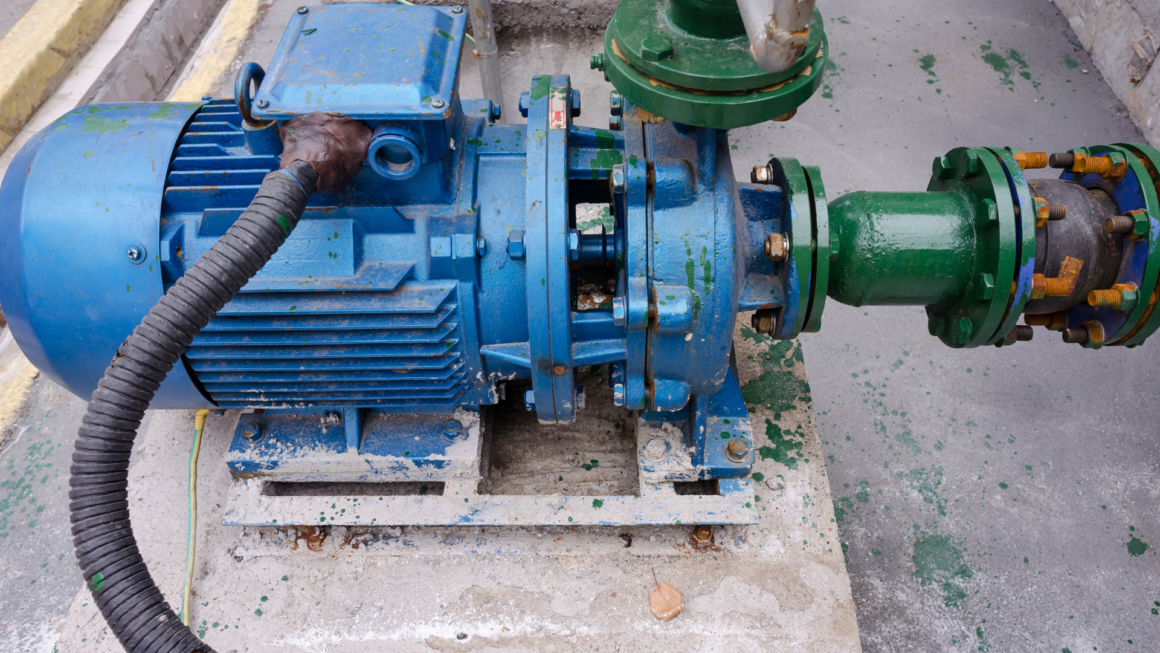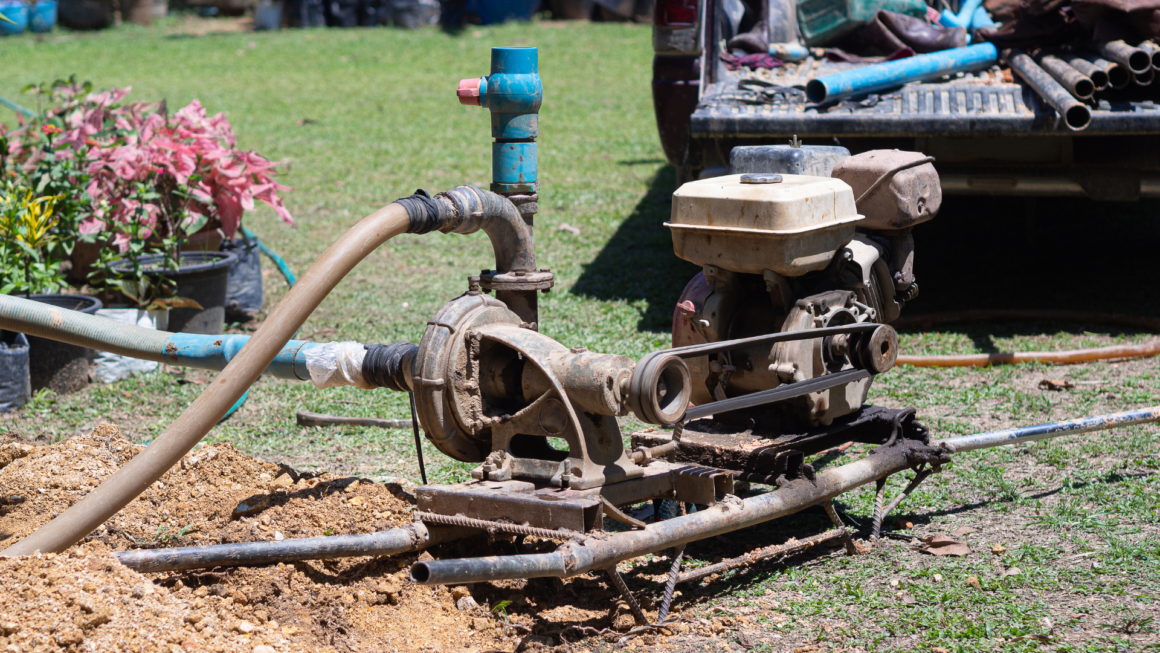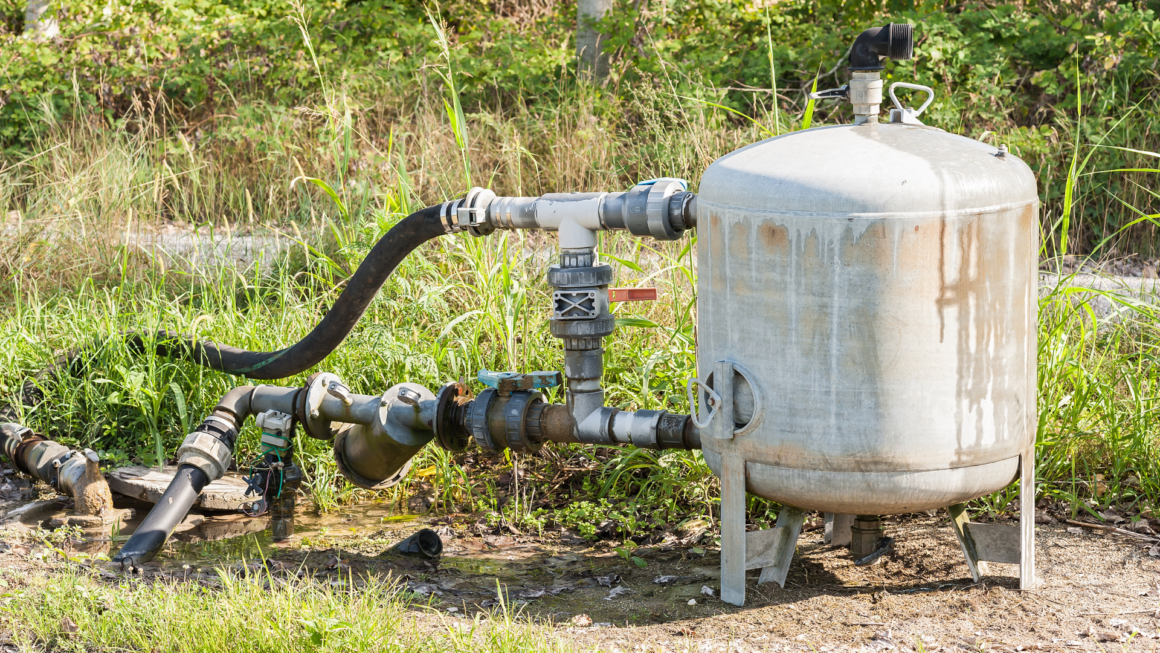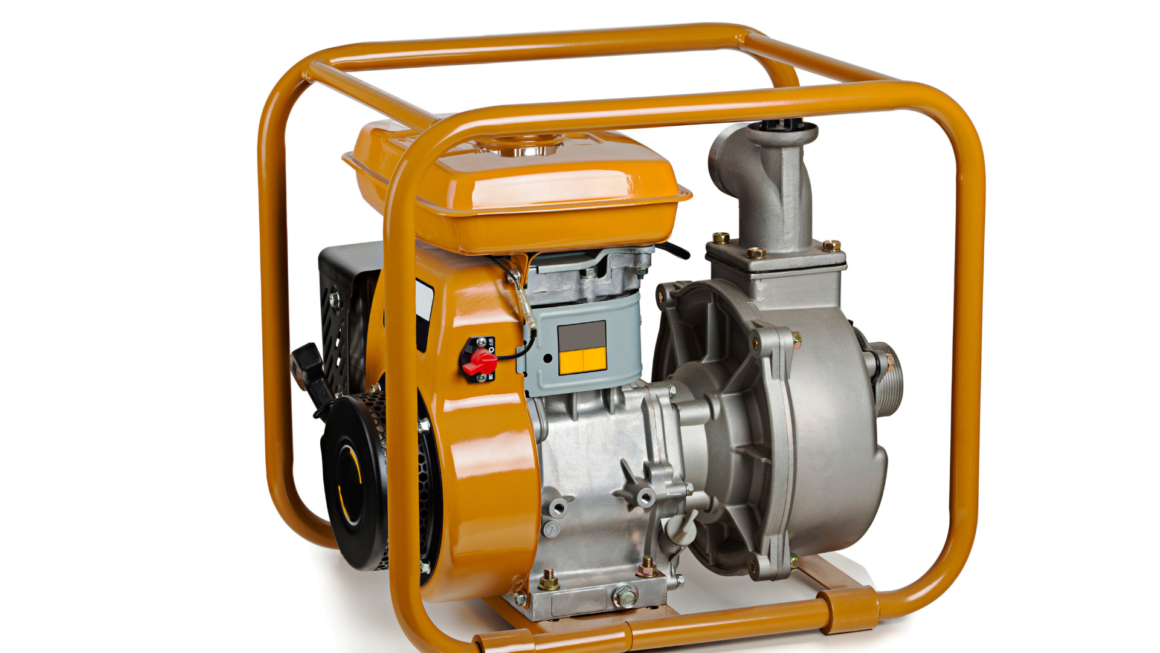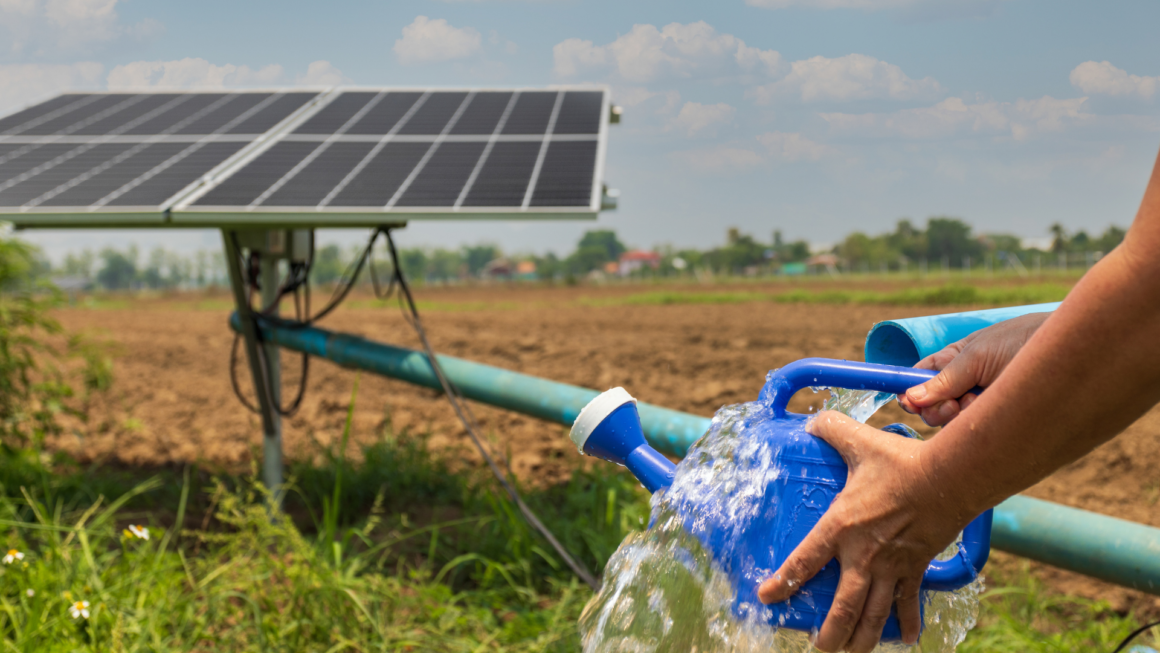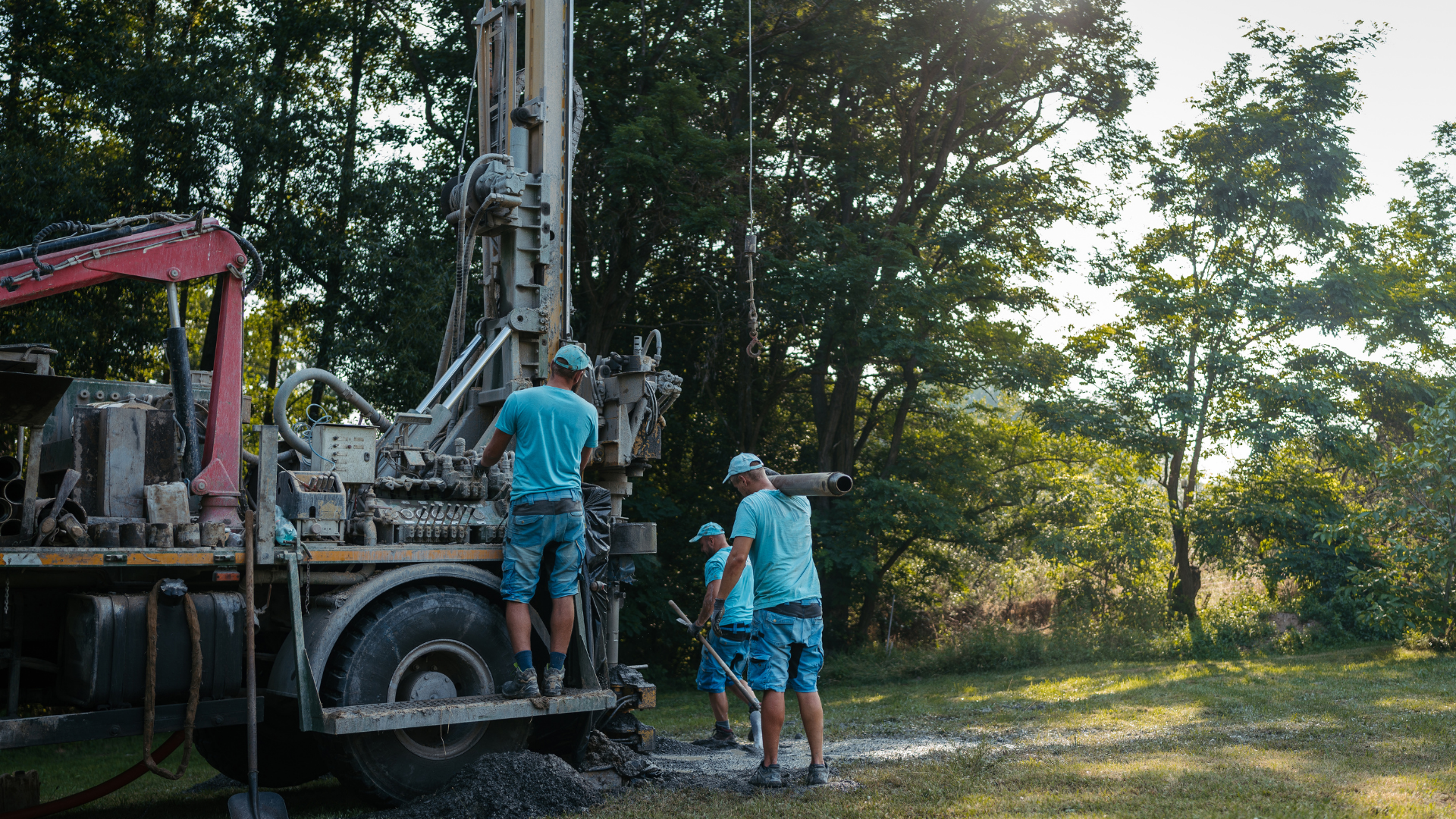Capacity Building and Education: Providing training and education on water hygiene, sanitation practices, and sustainable water management can empower communities to maintain and utilize water infrastructure effectively.
Capacity building and education involve providing individuals and communities with the knowledge, skills, and resources they need to actively participate in the management and maintenance of water systems.
Capacity building can include knowledge-sharing workshops, practical training on proper water treatment and hygiene practices, and resources for community-based water management plans. It can also involve working with local governments and community leaders to develop regulations and policies for water management and ensure the sustainability of water resources.
Education includes raising awareness about the importance of clean water and sanitation, as well as teaching individuals about the water cycle and how their actions can impact water quality and availability. It can also involve teaching basic technical skills for maintaining water infrastructure, such as fixing leaks and maintaining pumps.
By investing in capacity building and education, communities can take ownership of their water resources and ensure their sustainability for future generations. This can also lead to improved health and well-being, as individuals are empowered to take charge of their own water supply and sanitation facilities. Additionally, capacity building and education can create job opportunities and boost the local economy by developing a skilled workforce for water management and maintenance.
In addition to providing training and education, it is important to ensure that communities have access to resources and support to implement what they have learned. This can include providing access to tools and materials for maintenance, as well as connecting communities with experts and organizations that can offer ongoing support and guidance.
Overall, capacity building and education are essential components of sustainable water management. By empowering communities with the necessary knowledge and skills, we can ensure that water resources are used efficiently and sustainable for the benefit of all.
Discover more from Omo Valley Clean Potable Water Initiatives
Subscribe to get the latest posts sent to your email.

